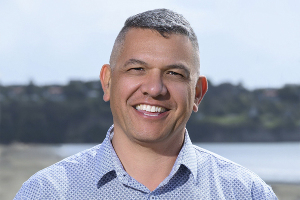
Heartland Bank says it has helped 20,000 customers gain reverse mortgages.
It says enquiries into reverse mortgages are also increasing, along with the numbers of mortgages actually granted.
Heartland attributes this trend to the continued rise in cost of living, along with increased awareness and acceptance of reverse mortgages in principle.
In celebrating its progress, Heartland cited the case of a Taupo couple in their mid 70s.
After consulting an adviser, they took out a reverse mortgage to pay off a small standard mortgage, upgrade the car and build a garage.
Heartland said they were happy with the process.
HER lending has been growing steadily, by 16% in two years, according to figures from the Reserve Bank (RBNZ).
But it is still small in quantum: 0.14% of total lending.
However, most advisers expect the market to increase further, because some people have no choice.
Information released by the Financial Services Council says many people run out of savings or investments 10 years after retirement, and have to fall back on NZ Super.
But research by Massey University shows NZ Super is not enough to pay for even the most modest lifestyle.
Some advisers describe people coming to them for reverse mortgages who are fed up with being broke.
But their venture into HER is restrained: at Heartland they are taking out loans at just 10% average on the value of their home.
And they are doing so quite late in life, 78 years old on average.
In many cases, people secure the right to take out money under a reverse mortgage, but do not actually withdraw the cash.
Instead, they keep the entitlement to the money in readiness for a rainy day, in a manner that parallels an overdraft facility.
Meanwhile, the standard reverse mortgage system is about to be challenged by the company, Lifetime Retirement Income.
This firm will reveal a new scheme under which people sell a tiny portion of their home, year by year, for 10 years.
While the home owners lose equity – up to 35% - they incur no interest payments, which compound under standard reverse mortgage schemes.
Lifetime says this certainty can bring greater peace of mind.




Comments
No comments yet.
Sign In to add your comment